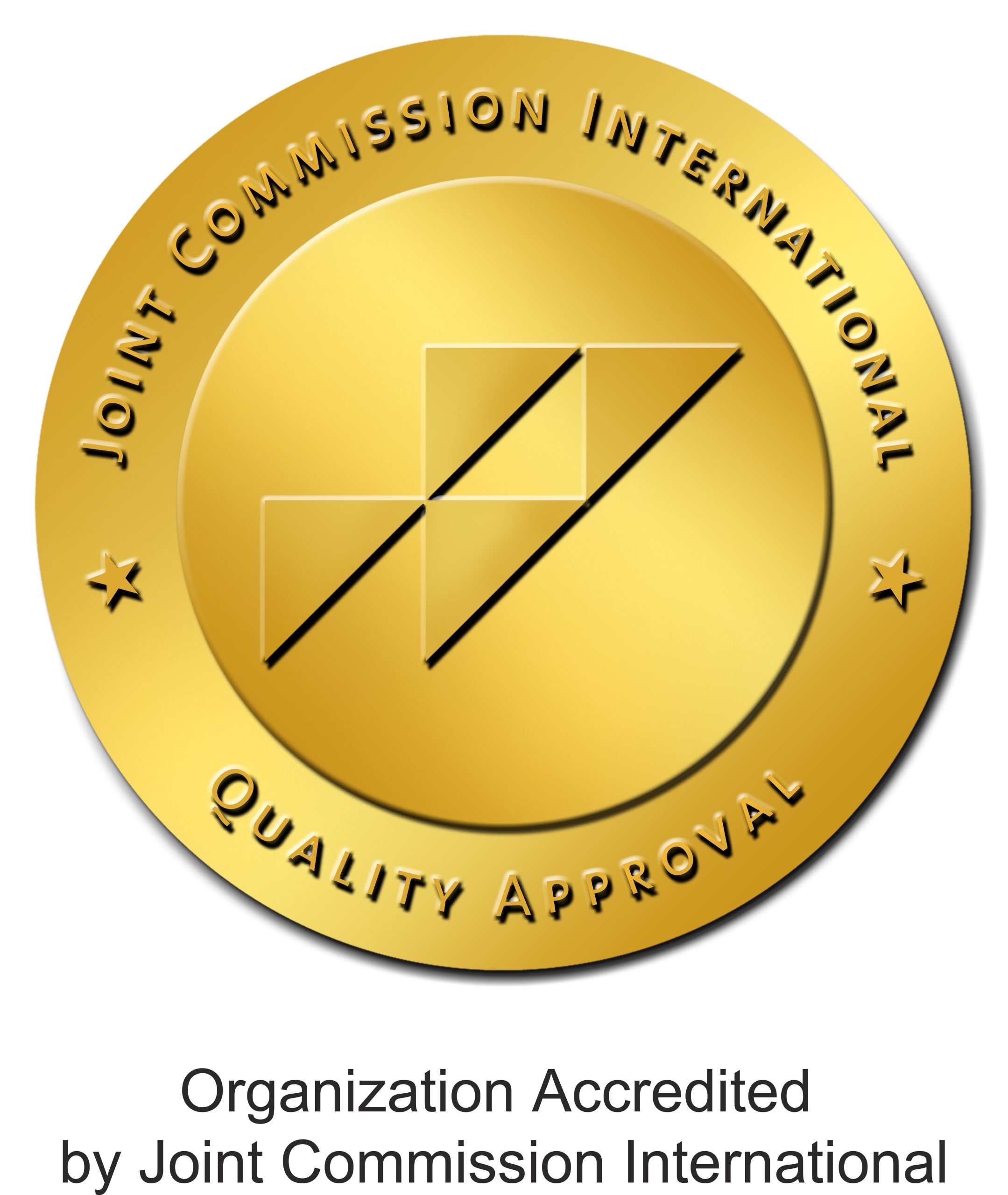Pathological Gambling – is now defined as persistent and recurrent maladaptive gambling behavior meeting at least five of the following criteria, as long as these behaviors are not better explained by a manic episode:
- Preoccupation. The subject has frequent thoughts about gambling experiences, whether past, future, or fantasy.
- Tolerance. As with drug tolerance, the subject requires larger or more frequent wagers to experience the same “rush”.
- Withdrawal. Restlessness or irritability associated with attempts to cease or reduce gambling.
- Escape. The subject gambles to improve mood or escape problems.
- Chasing. The subject tries to win back gambling losses with more gambling.
- Lying. The subject tries to hide the extent of his or her gambling by lying to family, friends, or therapists.
- Stealing in order to feed their gambling addiction.
- Loss of control. The person has unsuccessfully attempted to reduce gambling.
- Illegal acts. The person has broken the law in order to obtain gambling money or recover gambling losses. This may include acts of theft, embezzlement, fraud,forgery, or bad checks.
- Risked significant relationship. The person gambles despite risking or losing arelationship, job, or other significant opportunity.
- Bailout. The person turns to family, friends, or another third party for financial assistance as a result of gambling.


